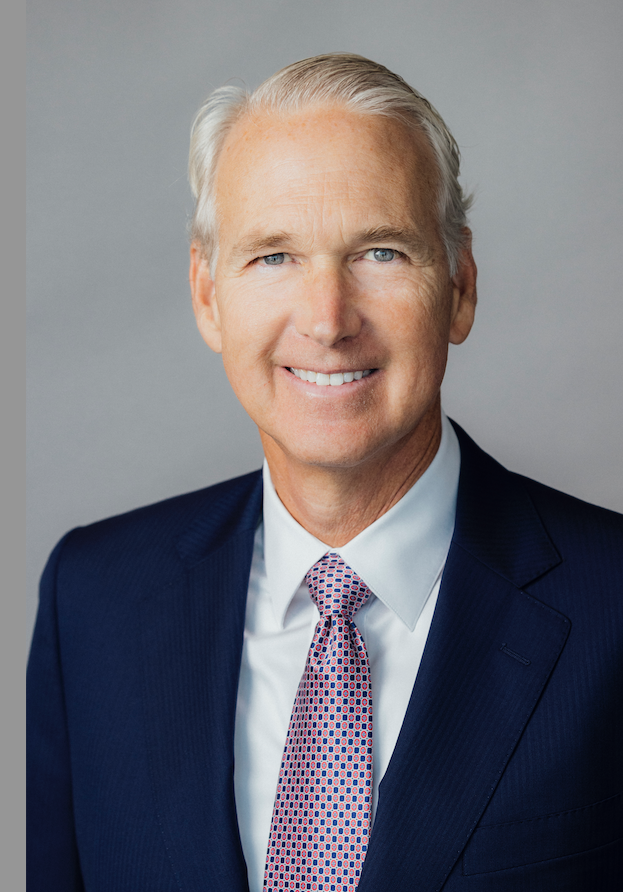Why Investors Are Turning Their Attention to Multifamily Bridge Loan Programs
As we move through 2024, investors in the real estate and finance industries continue to navigate economic challenges like elevated interest rates, a slowdown in bank lending, property valuation declines and slower-than-normal deal flow. At the same time, recent dynamics have revealed opportunities for investors who are now honing in on the multifamily housing sector, specifically on affordable housing finance.
Shifting Tides in the Multifamily Housing Market
After many years of peak multifamily performance, a recent surge in new supply delivery has outpaced demand and is causing a slowdown in rent growth. It is noteworthy that most new units coming online fall into the four- and five-star categories and cater to more affluent renters seeking luxury finishes and amenities. In contrast, the supply of affordable rentals remains unable to keep up with demand from consumers with lower incomes. A variety of market forces, including high interest rates and a lack of subsidy and incentive programs, have simply made the construction of new affordable units financially infeasible.
Adding to the affordable housing situation across the country is the growing number of renters seeking homes they can afford in a tough economy. The Joint Center for Housing Studies at Harvard found that in 2022, 22.4 million renter households spent over 30% of their income on rent and utilities, a record high. Another 12.1 million families were even worse off, dedicating more than half of their income to rent. While existing supply is just one piece of the landscape, it’s increasingly important to maintain and keep these units available to the Americans who need them.
Finance Availability is Imperative
Affordable housing buildings are typically 45 years old and owners often require access to finance options in order to keep structures updated and available to renters. Unfortunately, access to these kinds of loans has become increasingly difficult, with elevated interest rates and an increasing number of banks unable or unwilling to issue new loans. On the bright side, the government sponsored entities (GSEs) Freddie Mac and Fannie Mae are still reliable providers of multifamily permanent financing. These agencies are mission-driven and committed to providing liquidity, stability and affordability to the housing market.
All Eyes on Bridge Loans
For multifamily building owners seeking funding but whose properties don’t yet meet the standards that the GSEs set, there is an equally important type of finance – short-term bridge loans. These loans are a vital solution for apartment owners in need of short-term capital that will help them complete necessary initiatives, such as minor to moderate rehabilitation projects or repositioning, as they work to qualify for an agency loan. Essentially, the loans offer affordable rental properties a conduit to the permanent financing they require.
In the current economy, bridge loans allow borrowers seeking finance the option of a shorter-term loan at a higher rate. Considering the state of things, this is an attractive alternative to getting locked into a higher rate, longer-term loan. It might mean paying a little more at first, but it opens up the opportunity to access less expensive permanent financing once interest rates begin to drop.
Institutional investors understand this borrower preference and are increasingly investing in affordable multifamily bridge loan programs offered by non-bank lenders who don’t face the current regulatory challenges of banks. Many of these lenders also provide agency loans, and attracting borrowers through their bridge loan programs helps them forge relationships and engage the borrowers again when they are ready for an agency loan.
The demand for affordable housing bridge loans is growing just as the demand for affordable housing continues to surge. These transactions serve a critical subset of the multifamily sector and present benefits to owners, investors, lenders and, ultimately, renters.
About the Author
Drake Ayres is managing director for Sabal Investment Holdings. Contact Drake at [email protected]



